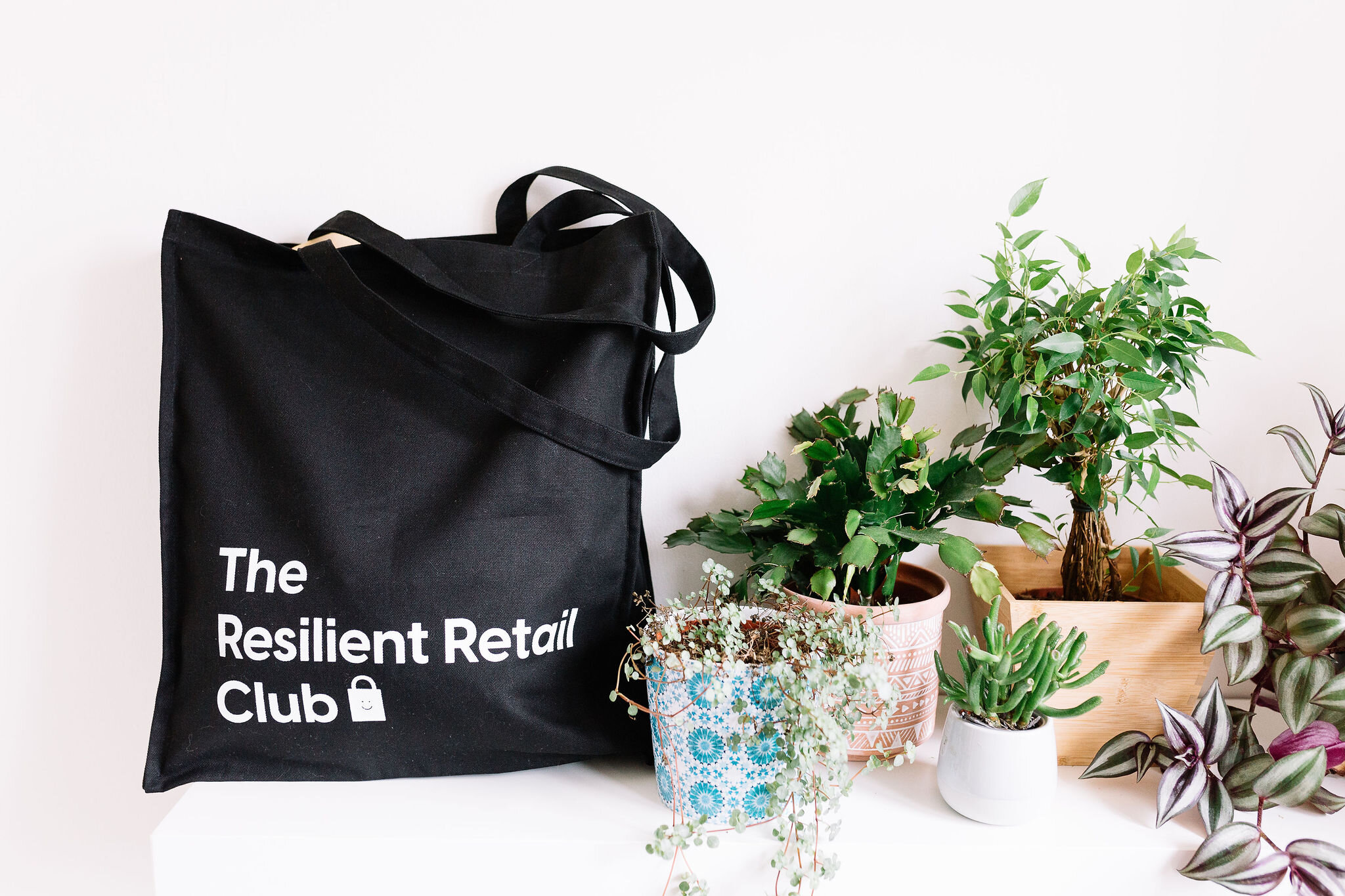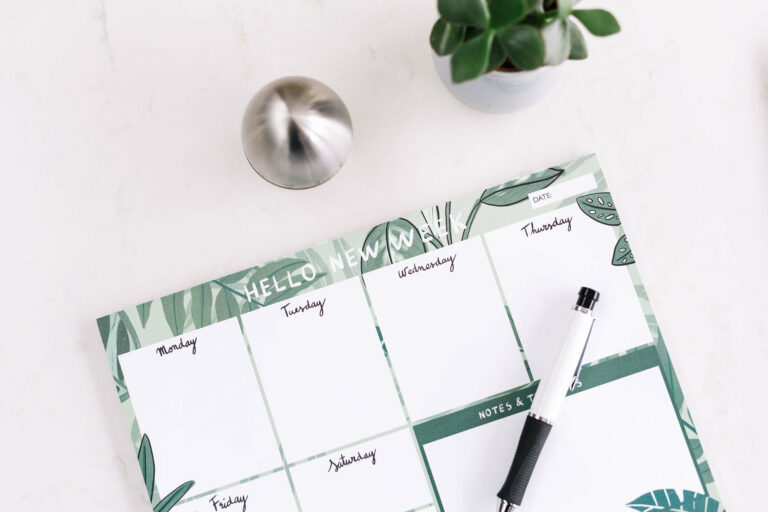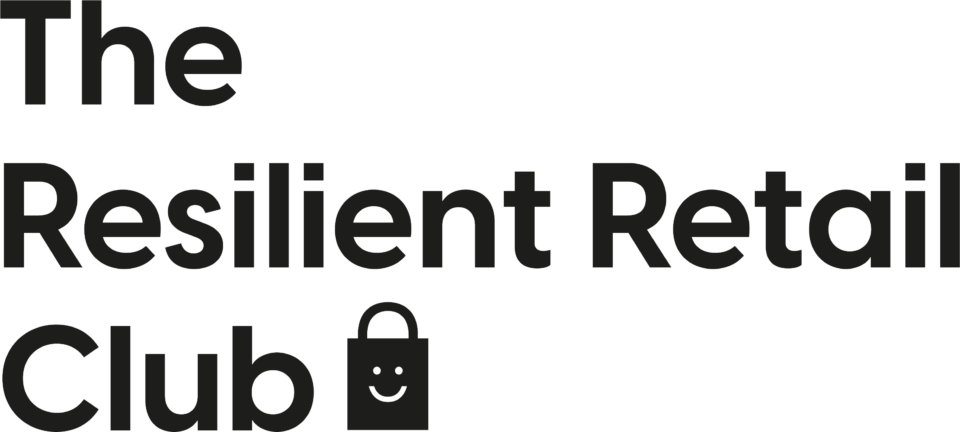You’ve made the huge decision to start your own small business, you’re passionate about your product and you are passionate that your customers will love it. Now for the all-important name! It’s much harder than you think right?
As you start to research potential small business names I imagine you’ll realise how important the name is – it has to be the point of recognition between your product and your customer. You will spend hours and hours building your brand recognition and customer loyalty off the back of whichever name you choose – so you want to get it right.
So how do you decide your small business name? It’s worth having a few guidelines to go through once you have your shortlist.
1. Be unique
It should be unique. There’s little point having a small business or product name the same or similar to one that already exists – not least for the legal implications. Easier said than done though. You want your product to stand out and be memorable – that when people say the name they automatically mean your product – by default. Research your potential names and ensure they are not already registered. Having a unique name makes creating a domain easier, it means it’s more searchable and it means you’ve a foundation to start building a brand heritage.
2. Easy to say
It should be writable but mostly readable! If your product name is hard to pronounce it may deter people from ever saying it aloud – if that happens then it won’t stick in people’s minds. If people hear or read about it your small business you want them to go off and find out more – they won’t be able to do that if they can’t spell or say it, it just won’t be memorable enough.
There may be some exceptions to this in terms of tricky pronunciations and if so make sure you do the work to ensure everyone knows how to read and say your product or small business name. This goes for names of products too – for example not the Mara T-Shirt but the Unisex Organic Cotton Short Sleeve T-Shirt – using more descriptive names for your products will help hugely when customers are searching online.
3. Keep it short and looking good
‘Easy to say’ leads on to ‘keeping it short’. A short punchy name sticks and becomes memorable. It also lends itself to nice visual content and marketing. You want your product or small business name to look good on paper, as a shop name, on social media visual content. So when you’re making your shortlist definitely consider how you want your branding to look and if this name complements that style.
4. All the feels
Where possible you want your product or small business name to evoke emotion – the emotion you’ve poured into your product and small business. You ideally want the name to reflect what you want your customers to feel when they use it or what you want to inspire. If there is an idea you’re wanting to get across with your product then the name needs to reflect that. So think about your small business strategy, does the name align with your small business goals and ethos?
5. Futureproof
This is very tricky but where possible try to think ahead. Will the name stand the test of time? Try to avoid any current fads. If you’re naming one product can it be applied to an expanding product line should that happen?
6. Ask
Don’t be afraid to get some feedback. In fact it’s essential. Take your shortlist and get some feedback from friends, family and trusted colleagues but most importantly from your target audience! You can use social media to gather feedback if you don’t have a customer email list yet. It’ll be some of the most valuable time you will spend when deciding you your product or small business name.
7. Your name
Many entrepreneurs use their own names for their small businesses. There are many pros and but also cons.
Pros: If your name is unique you’ll top the charts in online searches, and you’ll easily become the face of your brand so if you plan to feature in video content, podcasts, and interviews – it’s a great idea. Cons: If you’re camera shy and prefer for the brand to do the talking then using your name probably isn’t for you. Also – touching on future-proofing again if you plan for your small business to run on its own in the longer term then using your name doesn’t really align with that vision.











